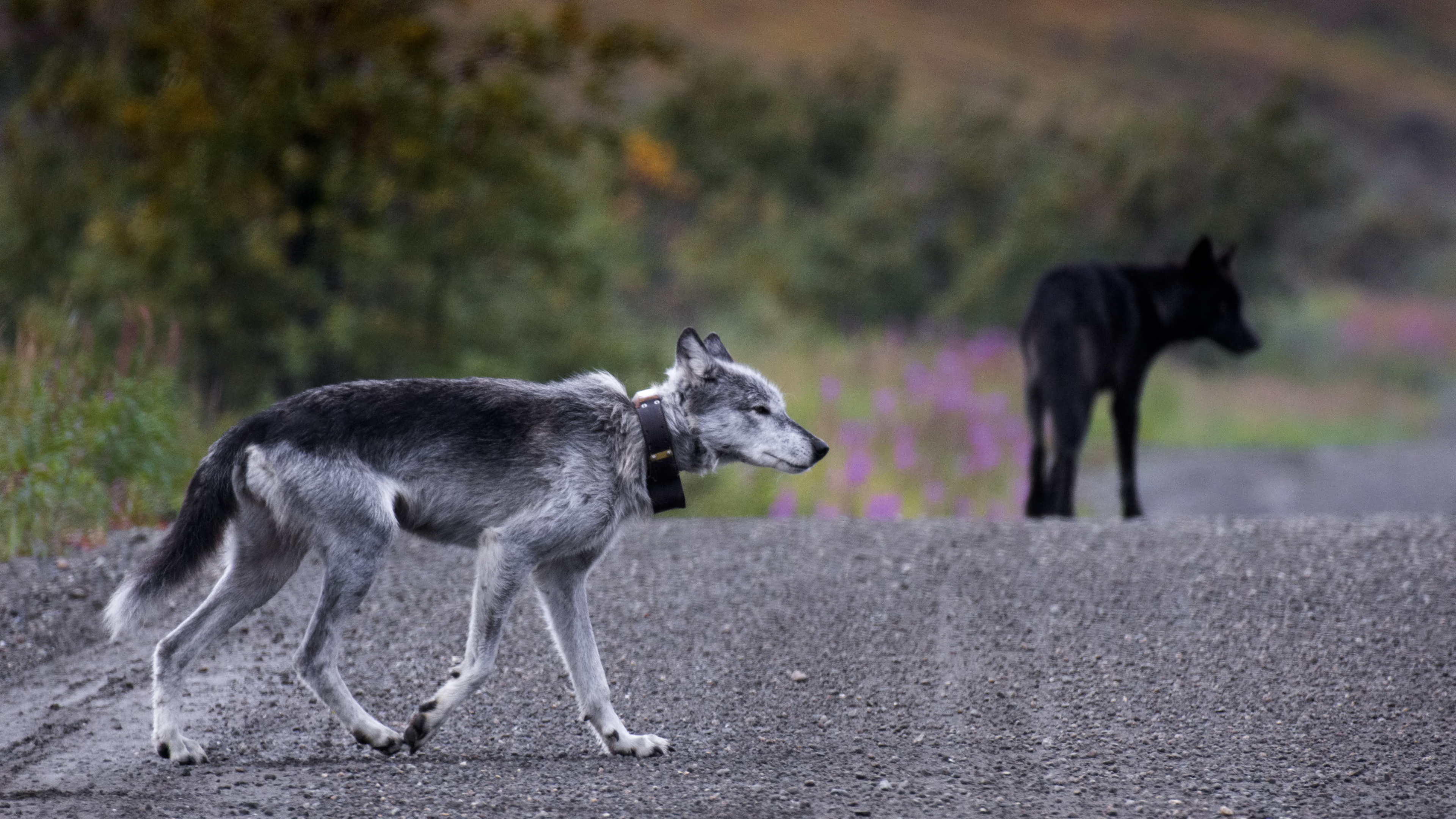
Halting Species Extinction: The Price Tag
In 2010, Mountainfilm in Telluride examined the issue of extinction for our Moving Mountains Symposium. The list of endangered creatures has been growing for generations, a crisis E.O. Wilson and other scientists say is caused by human destruction to natural habitats.
World governments have committed to try to halt the extinction of species and safeguard important biodiversity sites for nature by 2020, but this promise hasn’t seen much serious number crunching. Until now.
A recent study, published in Science, sets the price at $80 billion per year — the sum of $4 billion annually and another $76 billion to protect and manage key habitats.
Lead author Donal McCarthy, of BirdLife International and the Royal Society for the Protection of Birds, told the press “But the total costs are very small relative to the likely costs of inaction. The total is just 1 to 4 percent of the net value of ecosystem services being lost annually, for which estimates range from $2 to $6.6 trillion. More prosaically, the total required is less than 20 percent of annual global consumer spending on soft drinks.”
$80 billion also divides neatly into “$11.42 annually from every person on the planet” or, for a different perspective, “only half the amount paid to bankers in bonuses last year.” These statements make $80 billion seem a manageable sum for fundraising, but a majority of the world’s population is in China and India, countries where an $11 donation for species extinction is unrealistic. And we haven’t noticed a line of bankers handing over half of their bonuses to save animals.
The study was released in conjunction with the eleventh meeting of the Convention on Biological Diversity (CBD) in Hyderabad, India, that is convening this time of year to support the governmental commitments to nature by 2020. Perhaps they will create a campaign called “Skip a soda, save a snake.”


